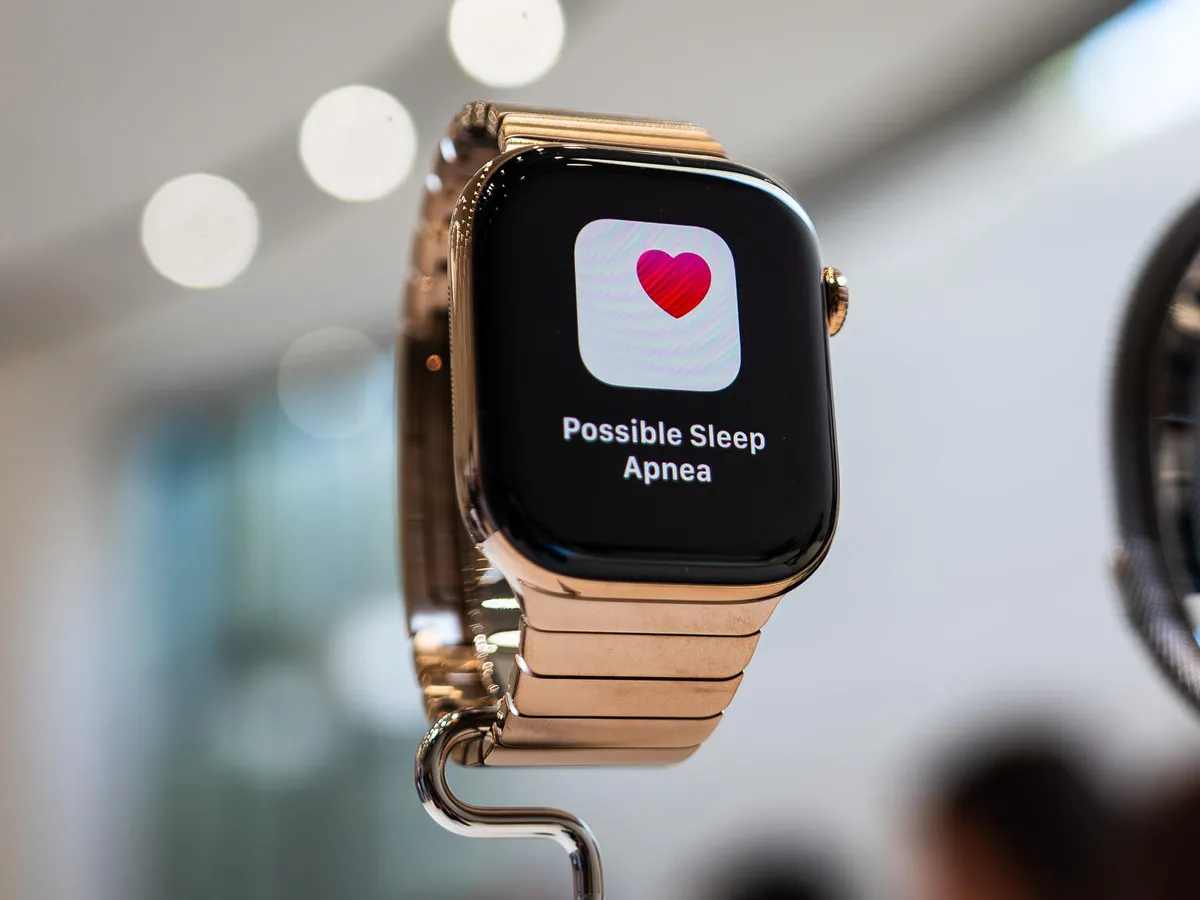Apple has received approval from UAE authorities to introduce its sleep apnoea notification feature on the Apple Watch, further enhancing the health-tracking capabilities of the world’s best-selling smartwatch.
The iPhone maker announced on Thursday that it had secured marketing authorisation from the UAE Ministry of Health and Prevention for this highly-anticipated feature. According to Apple, users must wear the Watch for at least 10 nights within a 30-day period for it to detect sleep apnoea. The app will notify users daily if they experienced elevated breathing disturbances during the previous night. If multiple disturbances are recorded over the 30 days, users will receive a notification suggesting they may have sleep apnoea.
A detailed report is generated, which users can take to their doctor for further discussion. However, Apple has emphasized that its Watches are not medical devices and the health metrics provided should be considered as reference only.
In developing the sleep apnoea feature, Apple used “accelerometer-based breathing measurements, advanced machine learning, and an extensive dataset of clinical-grade sleep apnoea tests,” as noted in a clinical study released in September.
As of early 2024, the Apple Watch held a 21.3% market share globally, more than double the 10.1% held by second-placed Indian brand Fire-Boltt, according to ABI Research.
Marketing authorisation permits medical products to be imported and distributed within the Emirates, as explained by CMS, an organisation of independent law firms.
Apple’s new feature, available on Watch Series 9, Series 10, and the Apple Watch Ultra 2, enables users to monitor breathing disturbances during sleep to “better understand interruptions in their respiratory patterns,” the company said. The data is analysed using an algorithm to detect signs of moderate to severe sleep apnoea.
Sleep apnoea is a potentially serious condition that causes breathing to stop during sleep. Over time, untreated sleep apnoea can lead to serious complications, though it is often manageable with treatment, according to Cleveland Clinic. The disorder, which is estimated to affect more than one billion people worldwide, often goes undiagnosed. If untreated, it can increase the risk of hypertension, Type-2 diabetes, and cardiac issues, as supported by multiple clinical studies.





